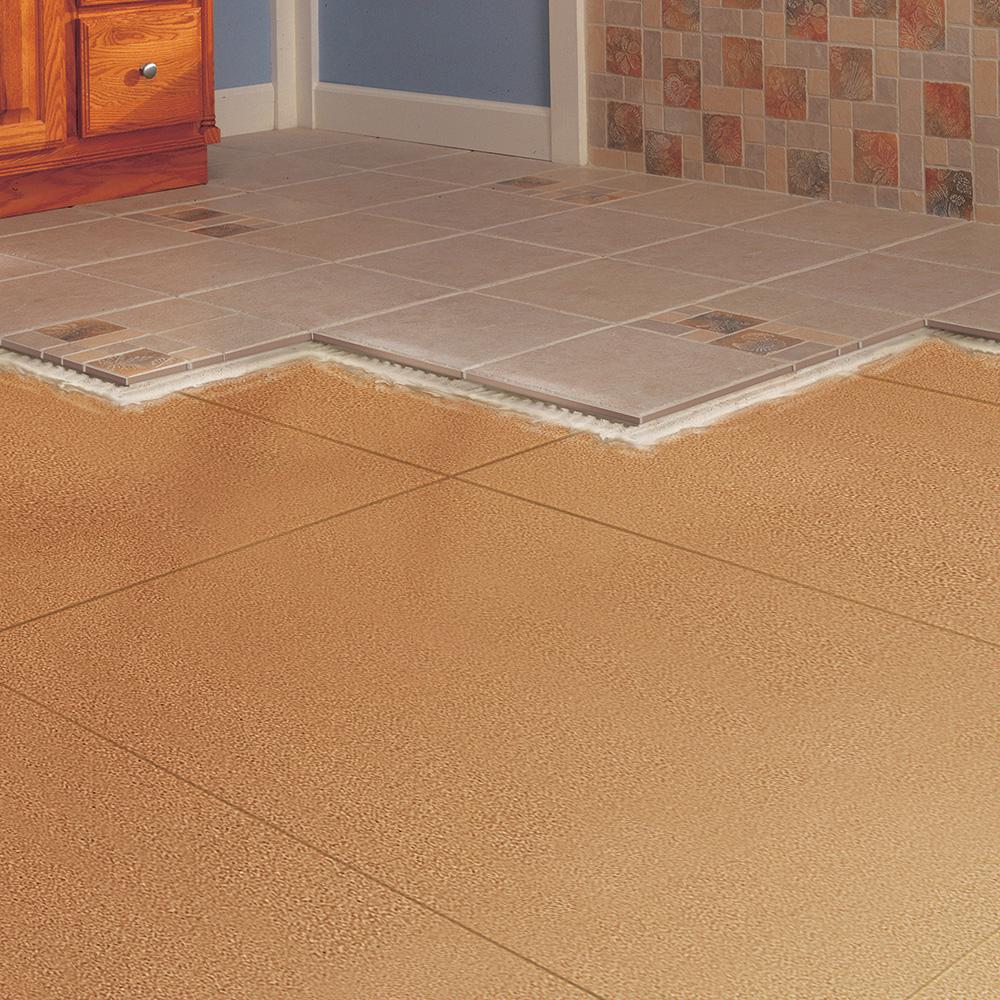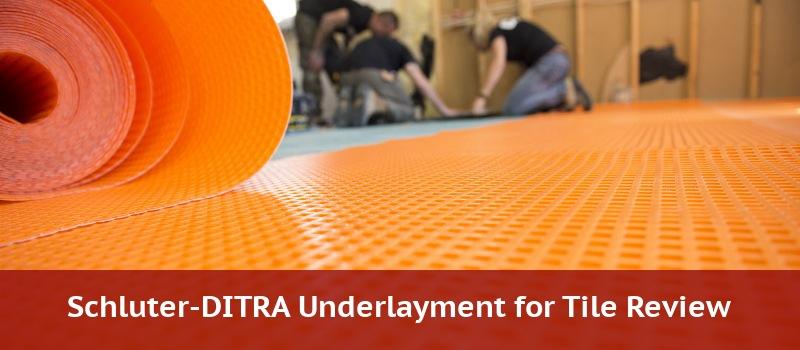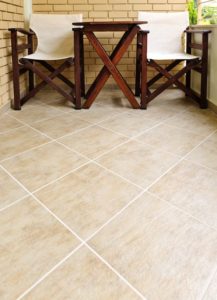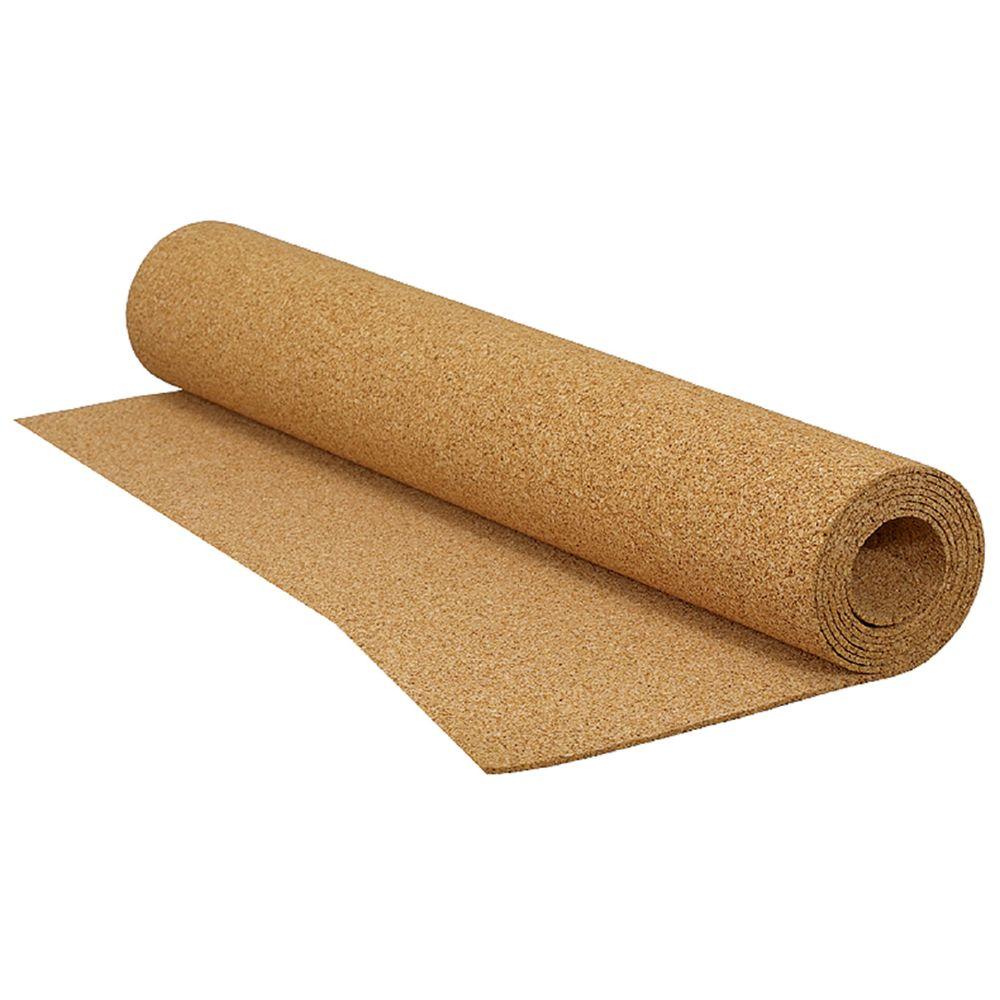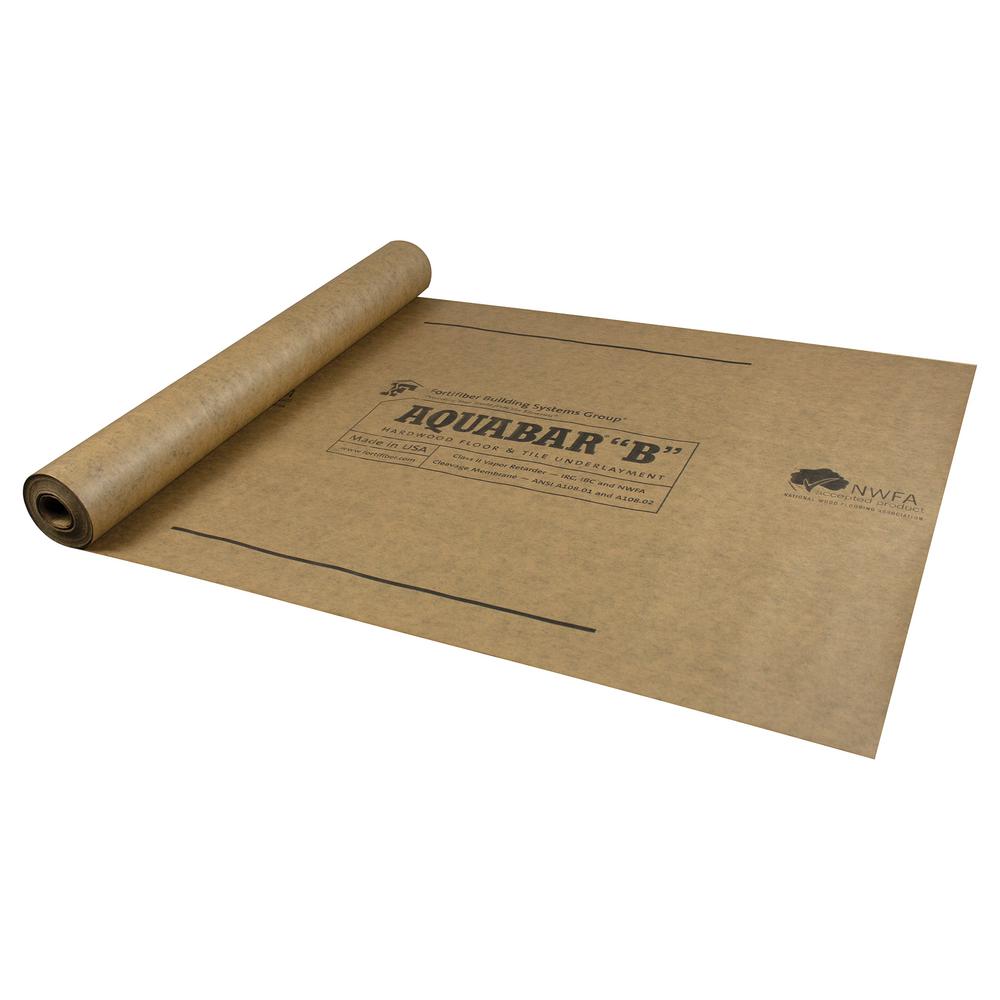The polyethylene foam 2 in 1 underlayment the polyethylene foam 2 in 1 underlayment doubles as extra cushioning and sound absorption for use with laminate and engineered hardwood flooring.
Ceramic tile flexible underlayment.
Cork underlayment roll for ceramic tile stone marble and engineered hardwood model 72008q 127 76 127 76.
Designed for quick installation and offers a lightweight and flexible underlayment that joins easily with an adhesive strip.
Set your store to see local availability add to cart.
Types of ceramic tile underlayment.
Flexible polyethylene underlayment membranes come in rolls and are designed to add a measure of protection from water as well as from cracking depending on the specific product.
It is generically called cement board or backer board or it can also be referred to by one of the common brand names such as densshield hardiebacker and wonderboard.
Cement based backer board.
A concrete slab makes a good underlayment for ceramic tiles since it s similar to the solid mortar bases that used to be the standard for ceramic tile installation.
This is a pliable material that can be easily trimmed to accommodate drains doorways and other obstacles.
The membrane would be much easier for you to work with as it is thin lightweight and flexible and easy to cut.
The following underlayments for ceramic tile are suitable installation.
Only when the user applies force to remove or repair the tile the membrane mortar and tile all come up intact.
Now largely regarded as the very best underlayment for ceramic tile in any application floors walls and countertops cement based backer board goes by many names.
The mortar permanently binds the tiles to.
0 50 to 0 75 per square foot.
However the slab must be flat perfectly level and not at risk of settling or heaving.
A hybrid cork rubber underlayment is a premium product costing 1 15 to 1 50 per square foot.
You can either use cement backerboard or a waterproof underlayment membrane.
If your subfloor is plywood you will need to lay down something as plywood will expand and contract causing your tiles to crack and or pop loose.
Ceramic tile and other hard tile and stone products fasten to the floor or wall using a bed of mortar as an adhesive.

